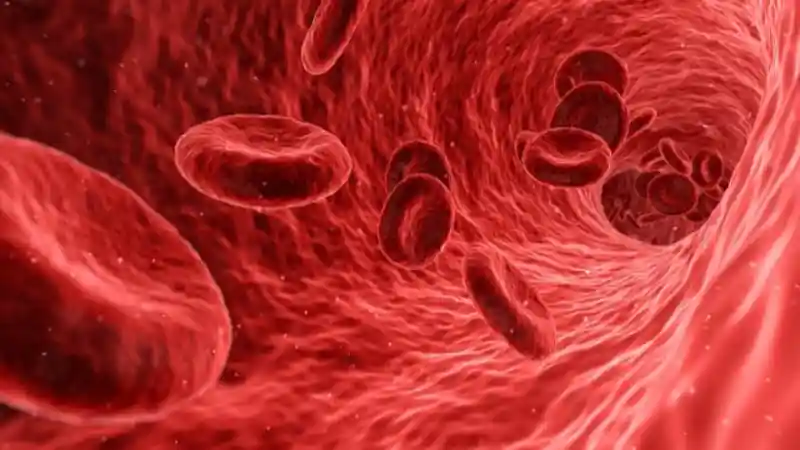Cord blood banking involves the collection of blood from the umbilical cord of a newborn baby. It is a safe and painless procedure. The procedure can be done right after childbirth, once the umbilical cord is done. It hardly takes less than five minutes.
Cord blood samples are sent to labs and after processing, they are frozen in cryogenic storage tanks. They can be preserved for the long-term of over 25 years.
Cord Blood Banking Procedure
The procedure allows parents to store their baby’s cord blood. This enables them to use the stem cells inside cord blood whenever required. The human body undergoes wear and tear and body parts might get infected, or damaged over time. Preserved cord blood can be useful for many years and can provide possible cures when the grown-up child, their siblings, or close relatives require matching stem cells for any treatment. Cord blood banking stores can also be used for the public. Therefore, parents can keep their child’s cord blood as health insurance also. Keep it preserved and donate it if required by another patient.
Cord Blood Banking Rates
Multiple companies provide cord blood banking facilities. For example, Future cells, Smart cells, and Cells for life are some stem cell banks in the UAE. A patient who requires umbilical cord blood for their treatment can get it from these stem cell banks. Each bank has varying prices. For example, Future Health has worldwide branches. Their rates for cord blood and cord tissue packages in the UK are as follows.
- Standard Cord Blood Service: £1695 + £75 (annual storage cost),
- Premium Cord Blood Service: £2295 + £110 (annual storage cost),
- Premium + Cord Blood Service: £2545 + £100 (annual storage cost)
Different cord blood banks have varying prices based on their status, quality, and locations.
Importance of Cord Blood Banking
Cord Blood banks are also termed ‘Biological Insurance’. They save your child or other children from future incurable diseases. It is a process of reserving healthy body cells. So, they can be used if required under certain circumstances.
Moreover, these cells can be helpful to the public also.
Public cord banks are free of charge. Cord blood can be donated to these banks. It can be used for the general public.
Private cord banks can be expensive. They store the donated blood that can be only used for the donor’s family or relatives. A person is supposed to pay annual fees for these private storage banks.
Direct-donation banks are a combination of public and private banks. They won’t charge any fees. The cord blood in these banks can be used for family, relatives, or even the general public if required.
Every person has the chance to donate, either to private or public storage banks. The chance of using private banks’ blood is pretty low. As it can be used by just one family or close relatives, that too if they get any disease.
A person should opt for a private bank if they have ample financial resources. Instead, they can donate to a public bank. Despite making the valuable cord blood go void. This way the healthy cells can be available to the general public. Moreover, cord blood in public banks has much more chance of being used. Since it’s open to the general public, it may have many blood-matching patients.
Cord blood banking can be very useful for a patient. If they encounter a disease that can be cured by available stem cells in cord blood. However, a proper blood group match must be found. Moreover, the patient’s body should accept the donor’s stem cells for successful treatment through CBT (Cord Blood Transplantation).
Though CBT can be very effective and the only cure for some lethal diseases. It is still not very common everywhere as collection and storage costs for cord blood are high. Particularly for private cord blood banks. Privately banked cord blood has far fewer chances to be used by the same child in case of any disease. Moreover, if the child gets some genetic disorder, the stem cells from CBT may not be effective as they may also have genetic mutation.
In conclusion, CBT and CBB open a gateway for advanced medical procedures. However, they also have many consequences. Therefore, if a person is opting for cord blood banking. Public or direct donation banks are a better option to donate for. This makes the donation more worthwhile with a higher chance of usage.

